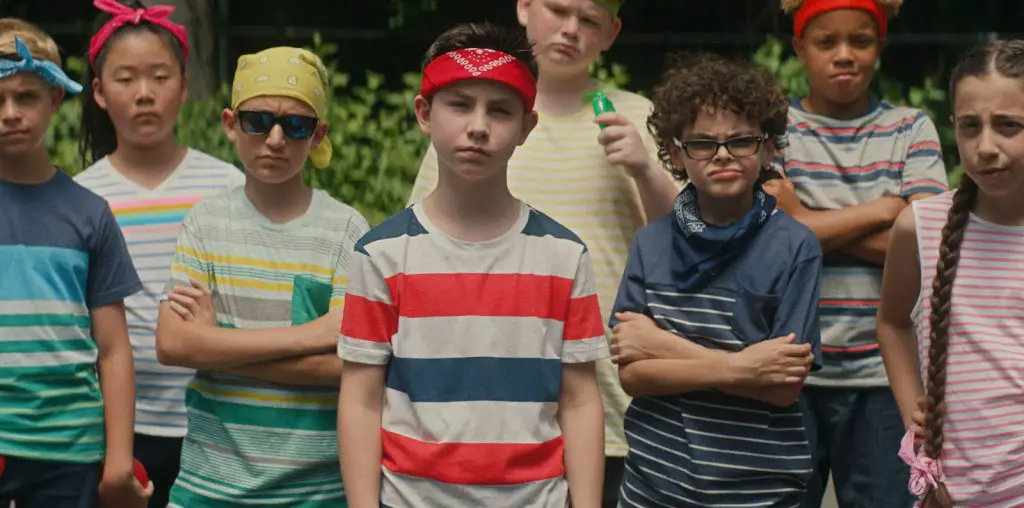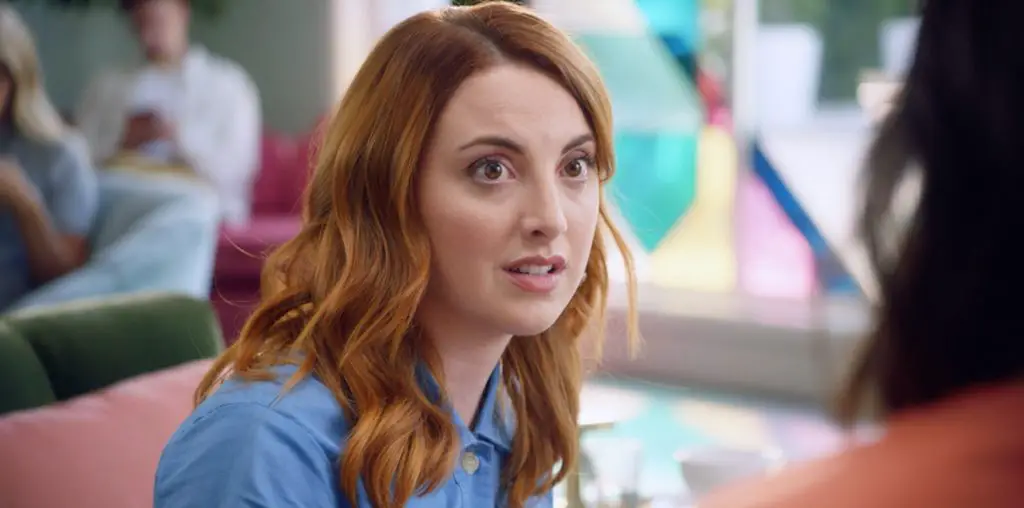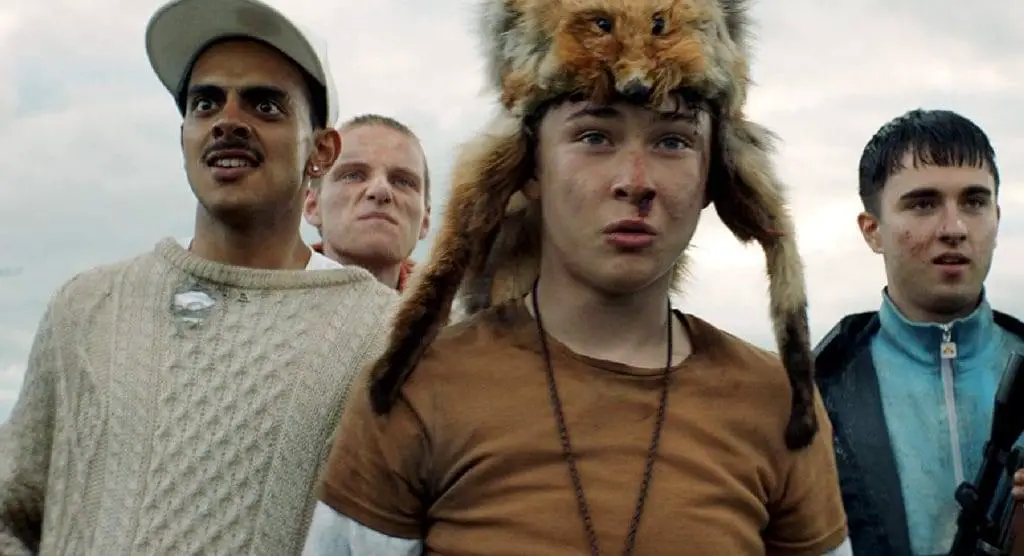
It’s been a long time, old friend, but welcome back summer-camp comedy, and thanks for the nostalgia and laughter. The film I’m talking about is Mike Stasko’s Boys vs Girls.
If you look fondly back at your days at summer camp, you’ll feel right at home here. It’s 1990, and the popularity of summer camp is declining. This year, Camp Kindlewood is in financial trouble, and the decision is made by camp director Roger (Colin Mochrie) to combine the boys camp and girls camp into a single co-ed camp to save money.
Going co-ed is not welcome news to either side, particularly the respective camp lead counselors Dale (Eric Osbourne) and Amber (Rachel Dagenais). To them, summer camp was a place to get away from the drama of interacting with the opposite sex and be free. Just let men be men and women be women for a single week each year. As you can imagine from the start, tensions rise between the two sides, which is only intensified when the counselors take mandated sensitivity courses set up by “corporate.” As you can also imagine, Dale and Amber are mildly attracted to one another but can’t seem to get along… right now.
If you’re familiar with the genre and trope, Boys vs Girls is a series of mini-sketches and gags strung together with a plotline that brings the warring factions together to hopefully save the camp. The sketches more or less highlight teen naïveté about the opposite sex, “innocent” use of double entendres, and outright blatant entendre (what?).
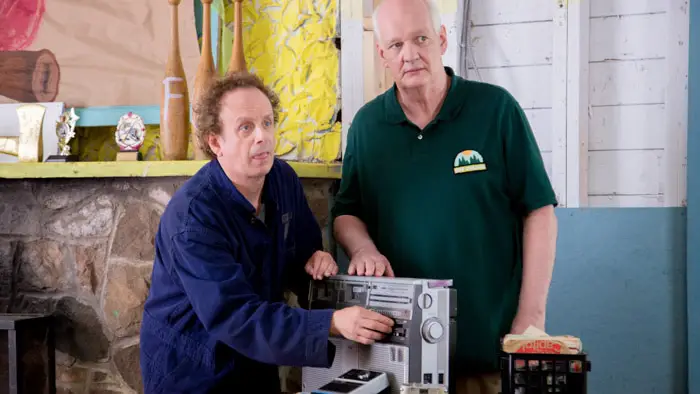
“…the decision is made…to combine the boys camp and girls camp into a single co-ed camp to save money.”
I rail a lot on silly comedies, but it’s not that I don’t like silliness. In fact, I love silliness when done right. As a comedy, Boys vs Girls does what I ask of any comedy—make me laugh out loud. The movie also faces this challenge without the aid of the copious amount of nudity that was a staple of the 80s teen comedies. Boys vs Girls succeeds because it refuses to go for the easy joke and successfully reworks these jokes by taking the subject to an extreme and uncomfortable level. During sensitivity training, the boys and girls are asked to present skits to better understand the differences between the sexes… which doesn’t go well.
Honestly, the best part of the film comes in the third act when the two sides realize they have to come together to save the camp. That’s when the story kicks into high gear, and the comedy is especially hilarious. While we’re on the subject of why this movie works as a comedy, the secret is not to let the audience know that you know it’s a comedy. Boys vs Girls plays it relatively seriously as a light drama and refuses to wink at the camera, signaling that a joke has been told. Learn this lesson aspiring filmmakers.
The cast of young actors is also quite good and sells the jokes well. I would be remiss if I didn’t talk about two of my comedy heroes, Colin Mochrie and Kevin McDonald. They are both fantastic. Their laughs come from their characters, where other comedies bring in known comedy heavy hitters only to have them mug for the camera.
But do know that it does take a while for the film to warm up. The best laughs of Boys vs Girls come at the end, so be patient, and you’ll have fun.
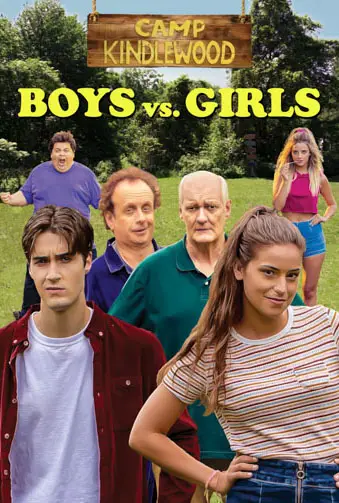
"…refuses to go for the easy joke and successfully reworks these jokes by taking the subject to an extreme and uncomfortable level."
